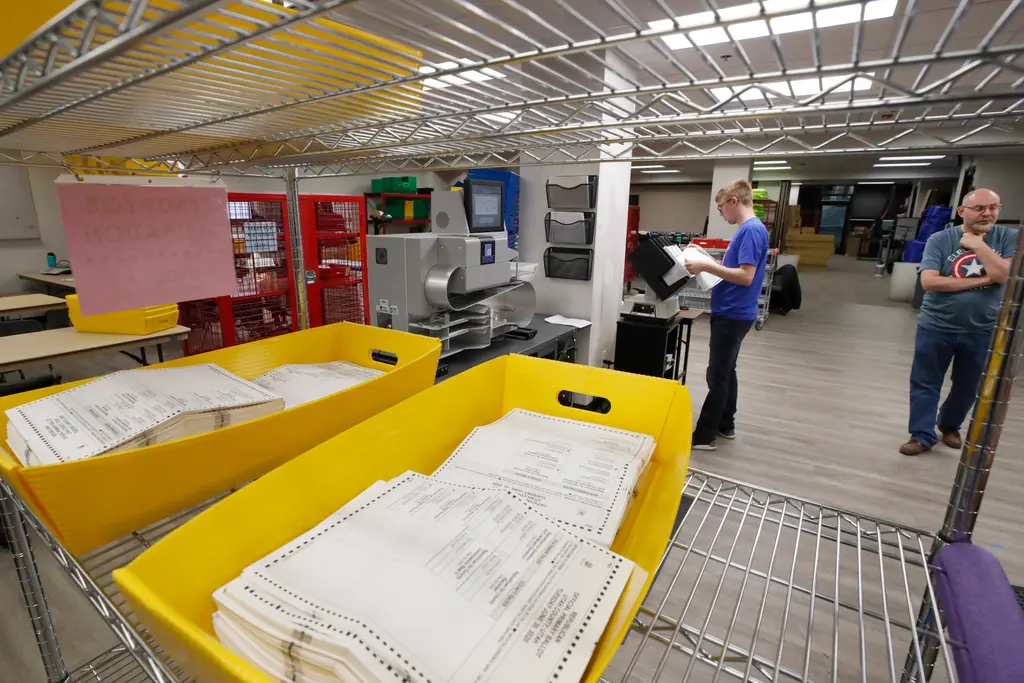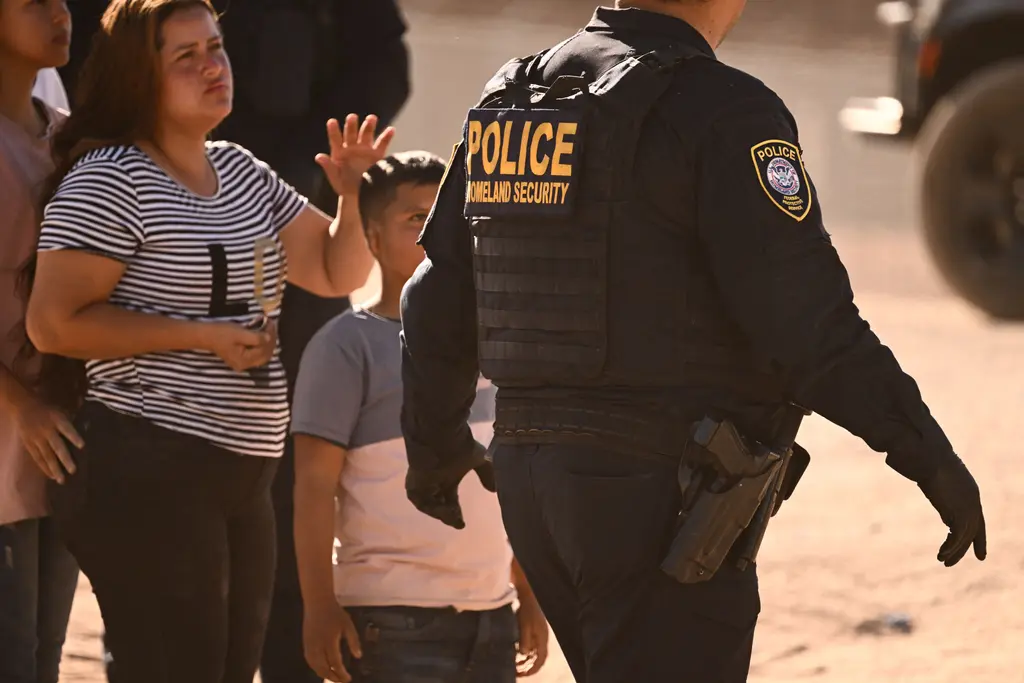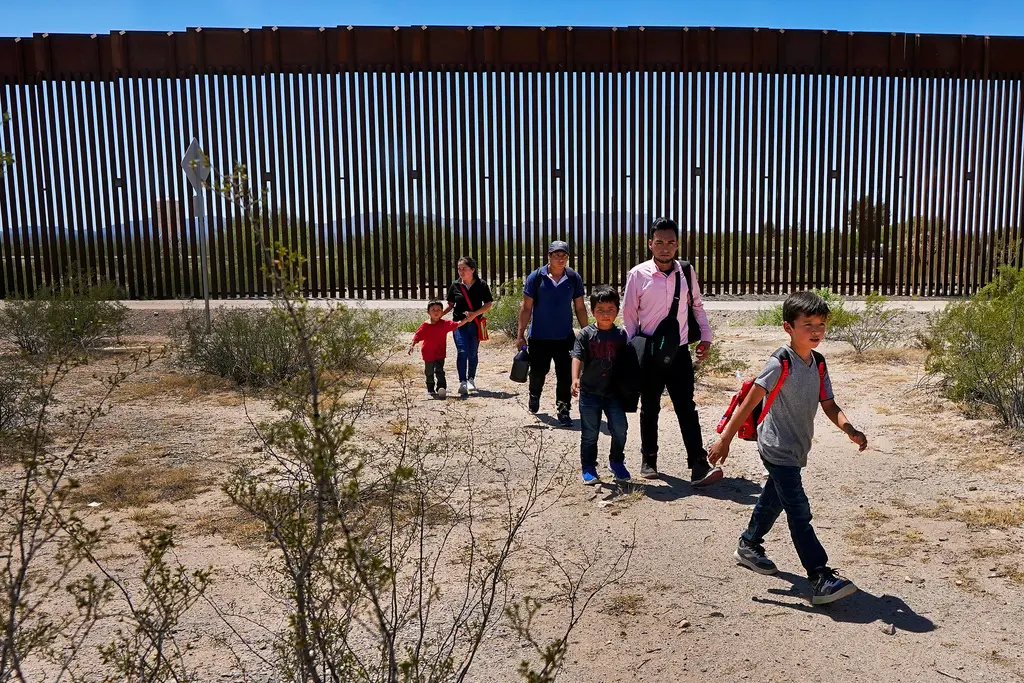Trump, Dorian and Puerto Rico: Of Disasters, Democracy and Self-Inflicted Damage

On Wednesday, as Caribbean residents from Barbados to Florida braced for Tropical Storm Dorian, the President unleashed a series of snide tweets that pre-politicized the storm in Puerto Rico.
Mercifully, the 2019 hurricane season’s first storm skirted that island and did not leave in its wake a trail of complete destruction like cataclysmic Hurricane Maria did in 2017. Dorian did hit the US Virgin Islands hard, yet those American citizens were spared Twitter rants. Nonetheless, Dorian was a cruel reminder of the new normal – more and more intense storms as a direct result of the global warming crisis… if one accepts climate change science.
For the moment, let us focus on the President’s preemptive and factually misleading tweets. The first claimed that $92 billion in post-Maria disaster relief and recovery had been approved, “…the most anywhere.” Congress actually appropriated $42 billion, of which about half has been obligated, meaning, actually matched to a project. Approximately $13 billion has been spent. In a separate tweet, President Trump called the mayor of San Juan a loser, his favorite slur absent a personal nickname. The mayor was actually applauded by many at home and abroad for exhibiting strong and outspoken leadership in the aftermath of Maria.
Trump continued tweeting just before the storm reached the island, slamming Puerto Rico as “one of the most corrupt places on earth,” following up with “I am the best thing that’s ever happened to Puerto Rico.” Sadly, this was par for the course for a US president who also asserted he was “the Chosen One” in the China-US trade war, only to recast that remark as sarcasm a few days later. Don’t hold your breath on any revision of his anti-Puerto Rican invective.
Más sobre Opinion
Most observers agree that the best thing that happened in Puerto Rico recently was not President Trump, but the island’s incredible display of democratic conviction as it faced a grave political crisis in July. The President is not entirely wrong when he alleges corruption in Puerto Rico’s public sector, although he predictably exaggerates the scale by lumping the American island with Somalia, Syria or South Sudan, Transparency International’s most corrupt places on earth. Rather than accept inefficient and ethically questionable istration of Hurricane Maria recovery assistance, Puerto Ricans of all political persuasions came together, forced a governor to resign and sent a clarion signal to the island’s political class that they would not tolerate inbred cronyism in the exercise of public office.
Unfortunately, President Trump missed that message. Recognizing this genuine display of grass roots patriotism and anti-corruption sentiment would have been an appropriate US leader’s tweet. Simply expressing solidarity with fellow American citizens in harm’s way would have been innocuous and easily accomplished. Instead, in yet another tweet, Trump instructed the islanders to thank FEMA personnel whom he had just put in charge of relief operations in an emergency declaration. Insult to injury to insensitivity, a regrettably typical demonization of the President’s enemies, perceived or real.
No one can be certain why the President disdains Puerto Rico with such animus. Some allege it is the deep-seated racism he harbors against non-white and Hispanic Americans or migrants, legal or undocumented. Others attribute it to his wounded pride, and belief that islanders were not sufficiently grateful for his personal efforts as consoler-in-chief during his visit to San Juan after Hurricane Maria. In the end, the why doesn’t matter. It’s clear what President Trump thinks of the island and its citizens: not much.
This leads to the question, what do Puerto Ricans think of President Trump? A Washington Post-Kaiser poll from a year ago reported that only 15 percent of Puerto Ricans had a positive view of his post-Maria response and leadership. This latest spate of unprovoked pre-Dorian hostility is unlikely to improve that number. And that could have possible ramifications for Donald Trump in 2020.
Current projections for landfall put Dorian on a track for Central and Northern Florida, possibly by Labor Day. In this must-win-for-Trump battleground state, he beat Hillary Clinton by just 1.2 percent in 2016, less than 113,000 votes. According to the Pew Research Center, Hispanic voter registration jumped 6.2 percent to 2.1 million voters in the Sunshine state since 2016. And Puerto Ricans constituted the fastest-growing segment of that Hispanic voting population, with an estimated fifty-thousand new arrivals since Maria.
The point here is not to perform a detailed voter intent extrapolation. It is too early for that. It is simply to wonder if the President’s distaste for Puerto Ricans makes for good politics. All Florida-based Puerto Rican voters have family on the island. And they will have seen the President’s social media broadsides. As many of them now potentially stand in Dorian’s path, one has to ask: is Trump’s disdain for los boricuas residing in Florida as intense as it is for those on the island?



